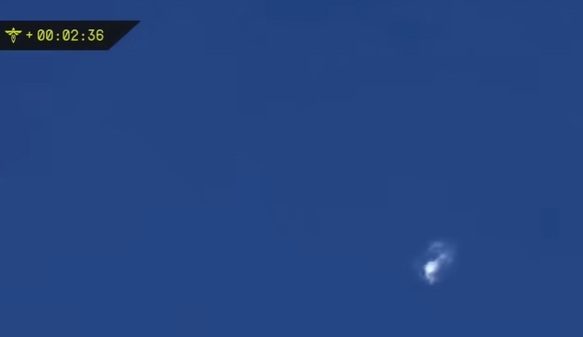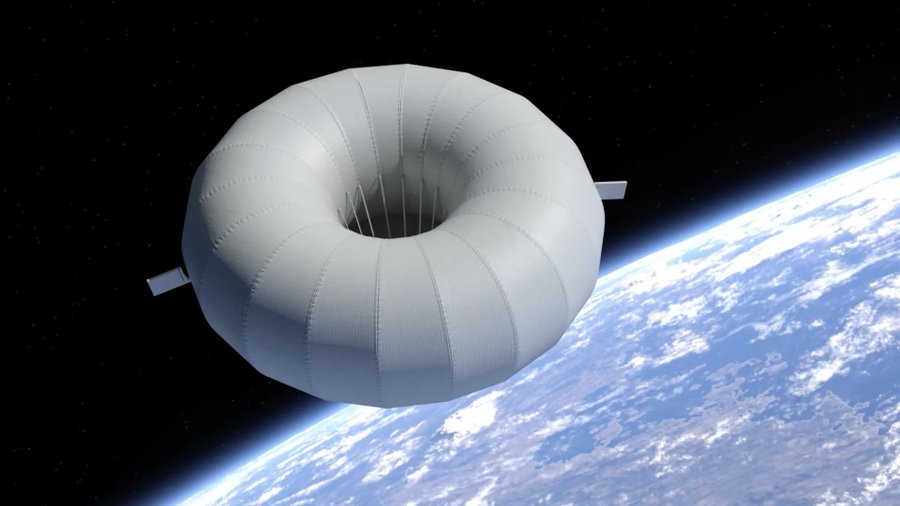US Government officials from the US Commerce Department, Directorate of Trade Controls and US Defense Security Administration were at pains to communicate the new “industry friendly” position on ITAR export regulations which became effective as of 10 November 2014. During a presentation at the Satellite 2015 conference being held in the US capital Washington D.C. ITAR regulators noted the changes and the dramatic decline in enquires and their workload which has occurred since the new regime was introduced.
The major change is that commercial satellites have been removed from the US Munitions List and are no long considered as military exports. Many satellite components are also delisted and are no longer part of a blanket ban. The change was made after the US Government belatedly realised that the overly draconian ITAR regime was an export-damaging over-reaction to past space industry help given to China with is rocket guidance systems after Long March launch failures in the 1990s.
The new reformed regime opens the door to a resumption of US exports to non-embargoed countries including, Europe, Japan and Australia but not China.This change also means that technical information relating to civil satellites may be freely exchanged or placed into the public domain without reference to ITAR rules. The new rules return such spacecraft information, including that for the insurance industry, to the status of normal commercial intellectual property.
However, the reformed rules relate to satellites not launchers, which continue to be tightly controlled by ITAR given that the technology can be directly related to offensive military missile systems.
Similarly, unrelated agreements on commercial launch provision remain in place unchanged. Interestingly, it was revealed that India has not signed the US launch agreement, so special license must be obtained by US companies wishing to launch payloads on Indian rockets.
While ITAR regulators are now having an easier time of it, other US government regulatory officials, most noticeably at the US Federal Communications Commission (FCC) are struggling with the burgeoning applications from new low Earth orbit communications systems and from new small satellite operators.







